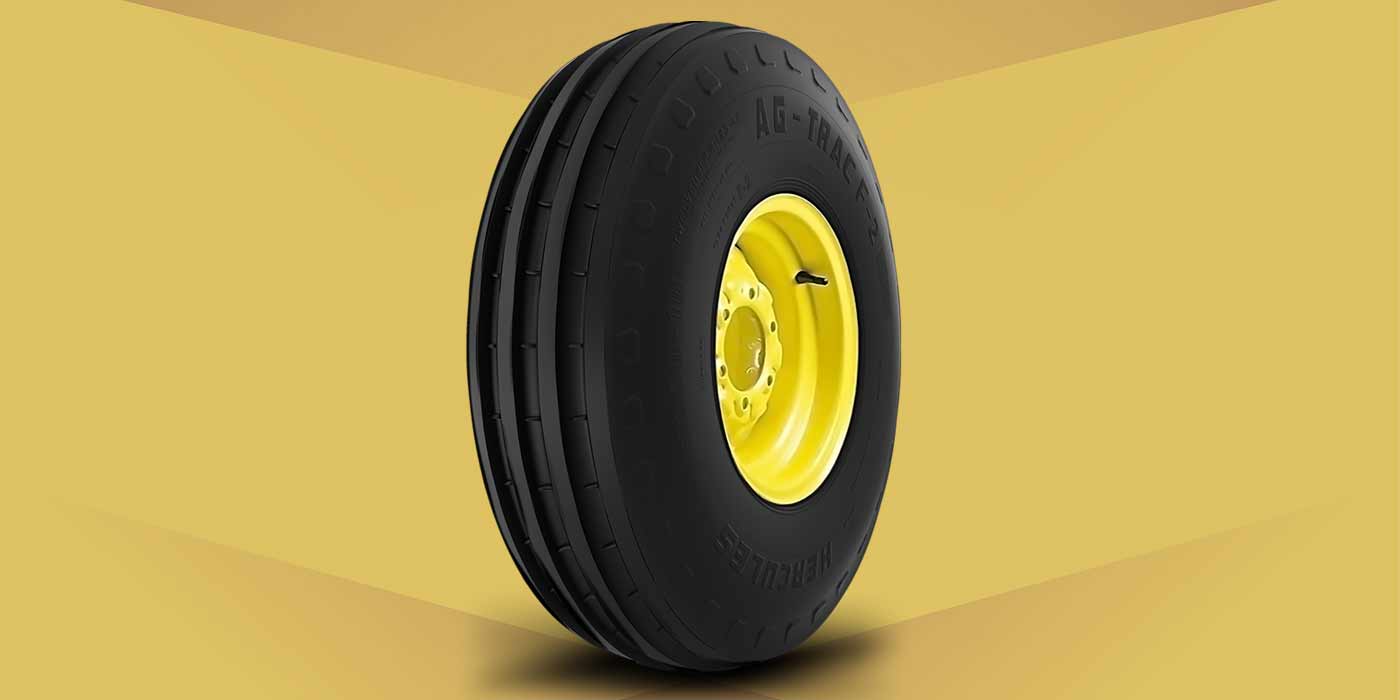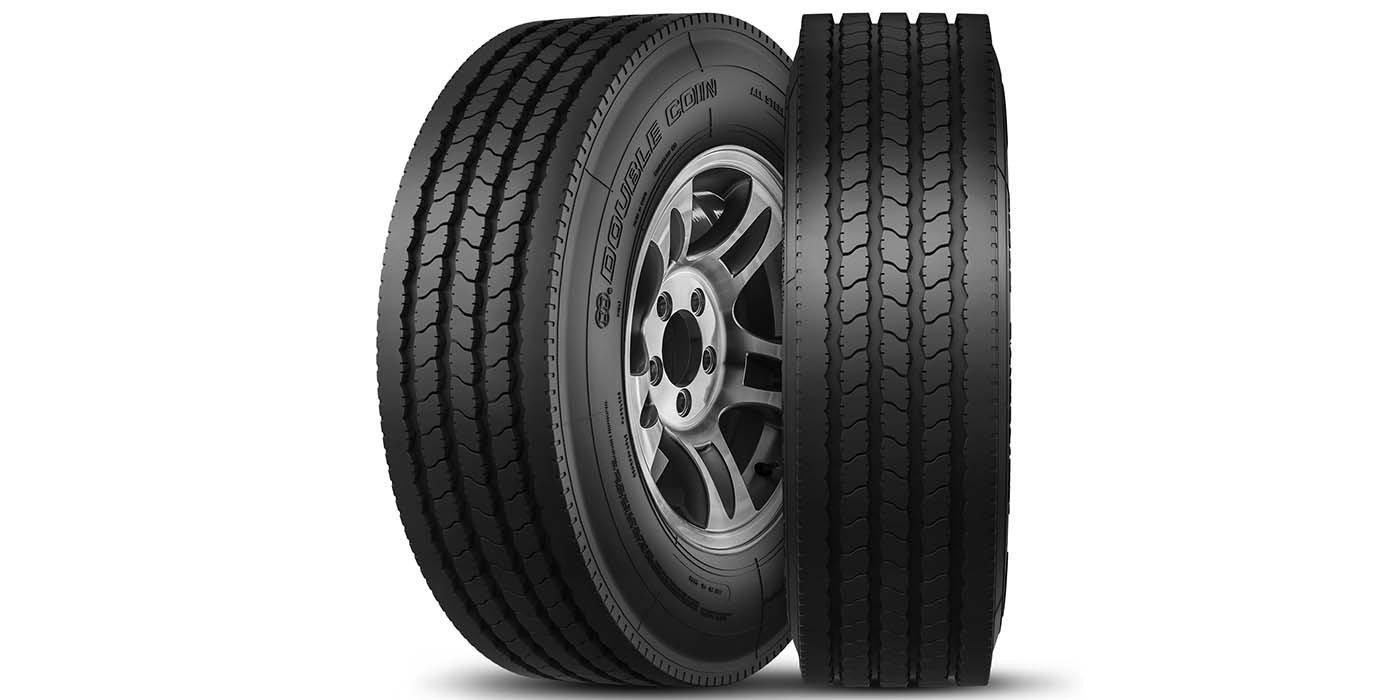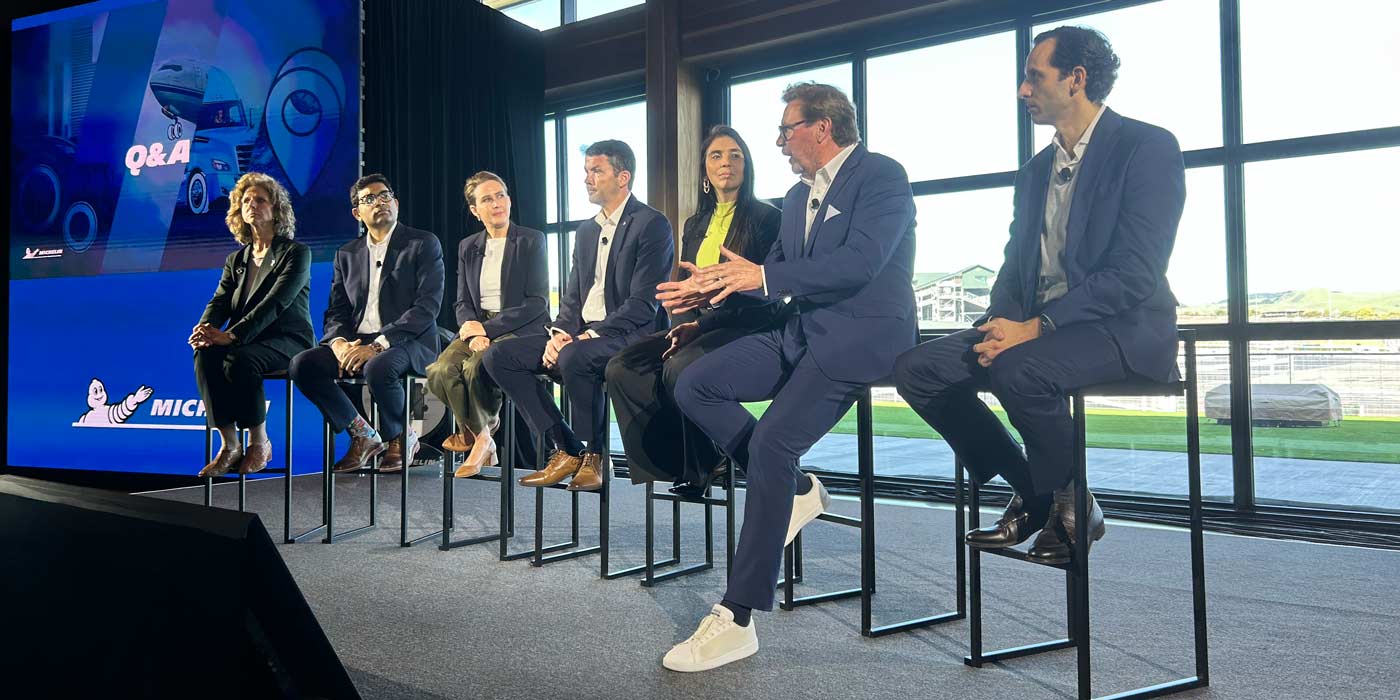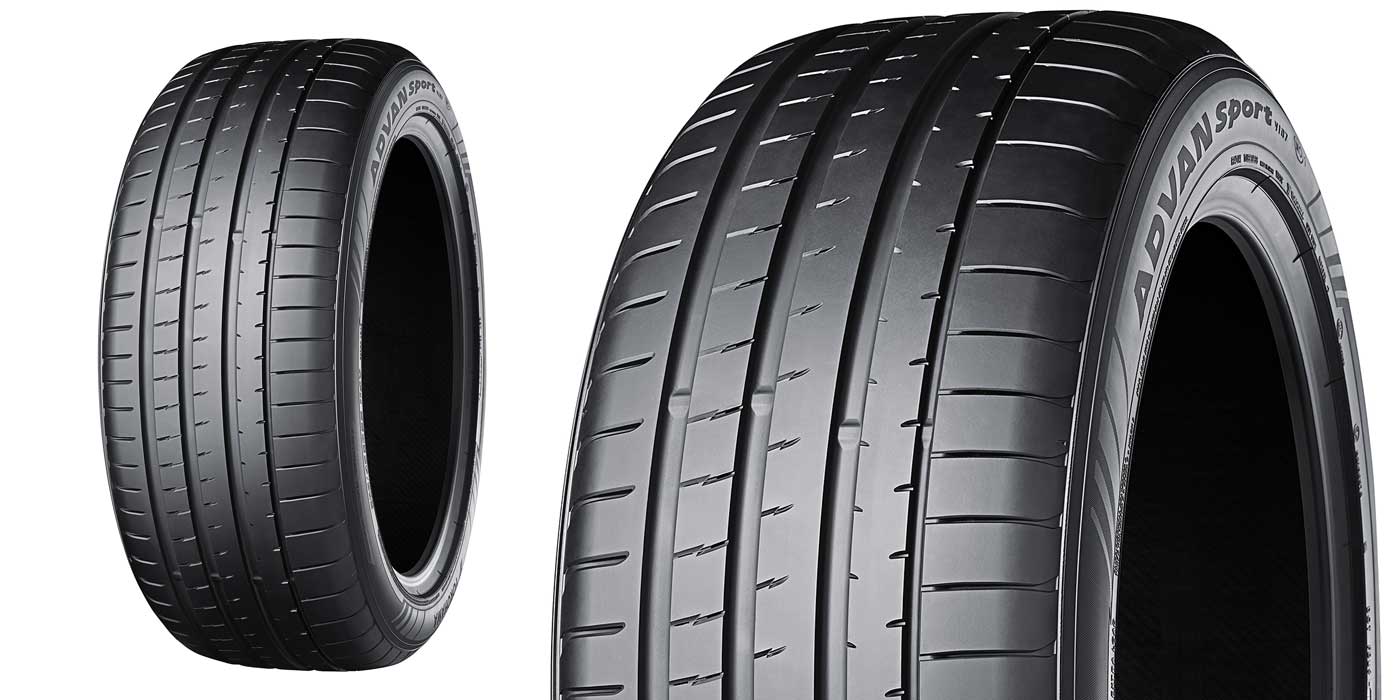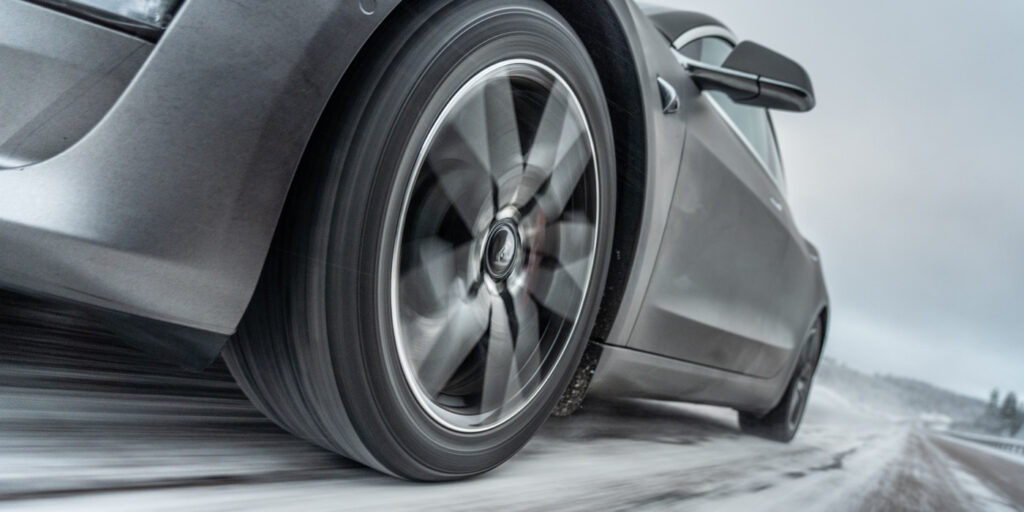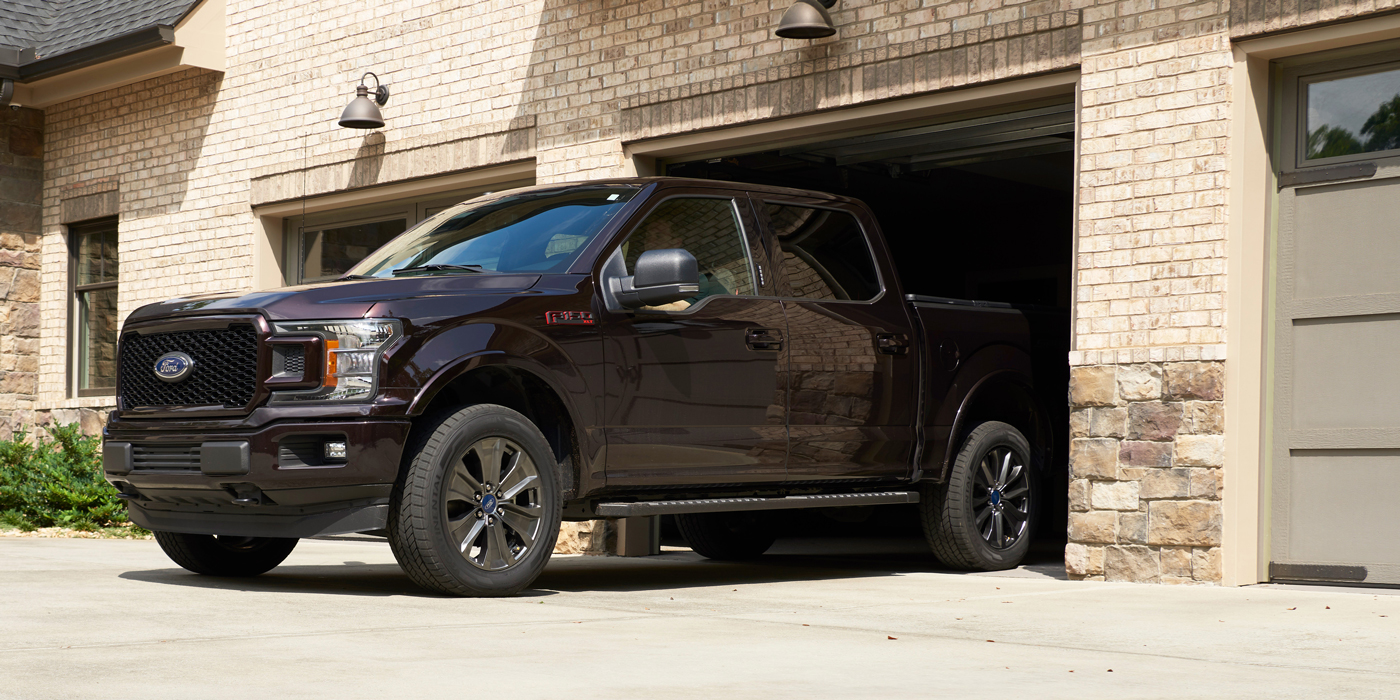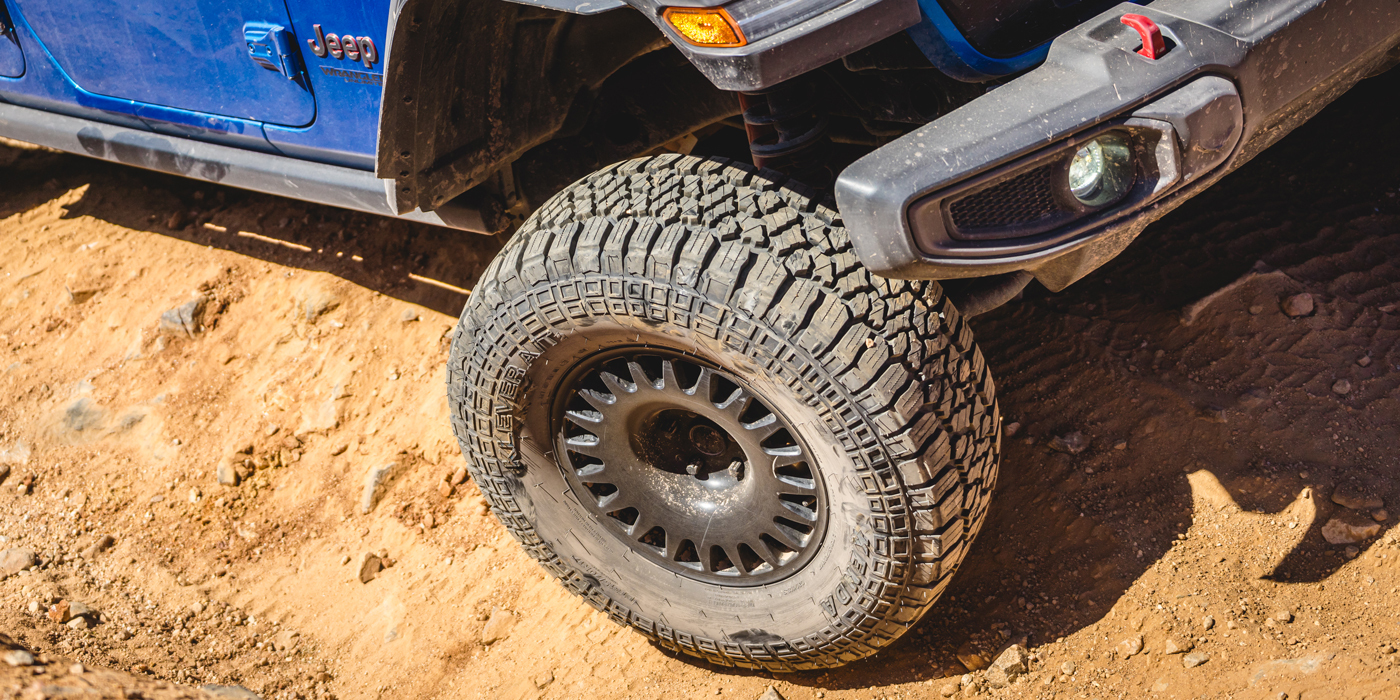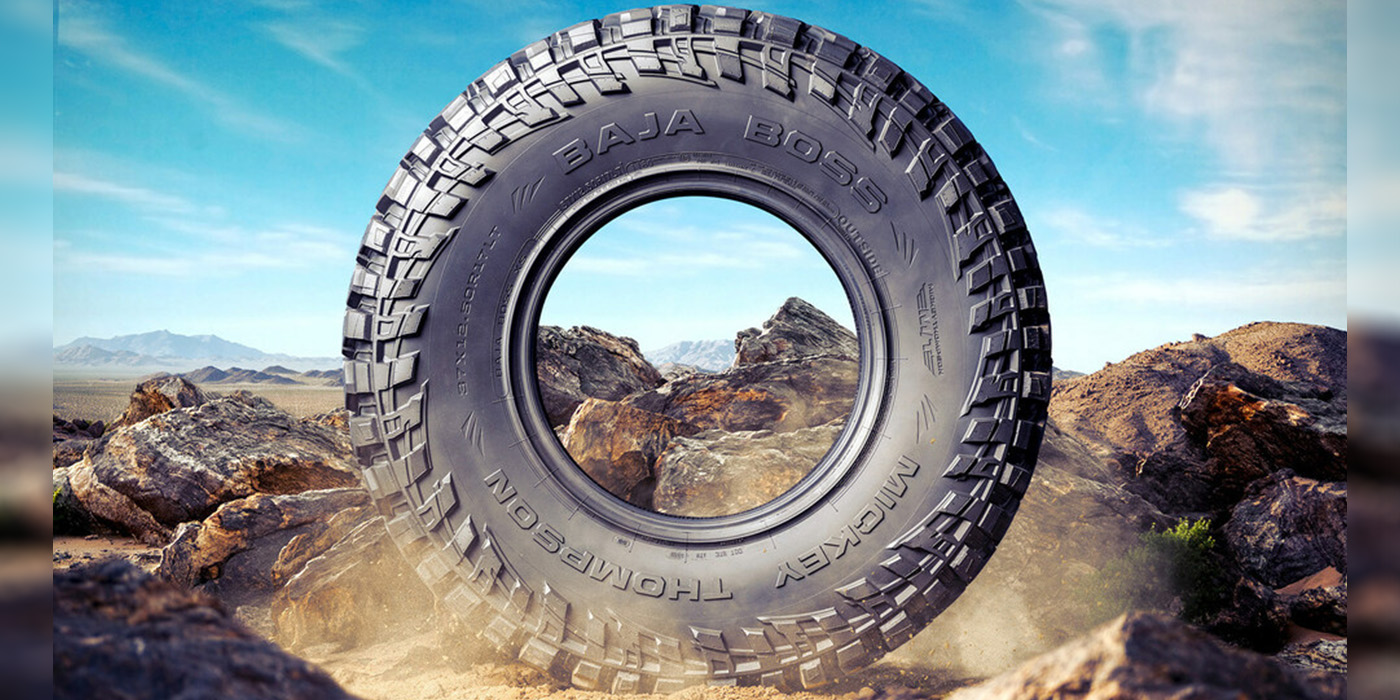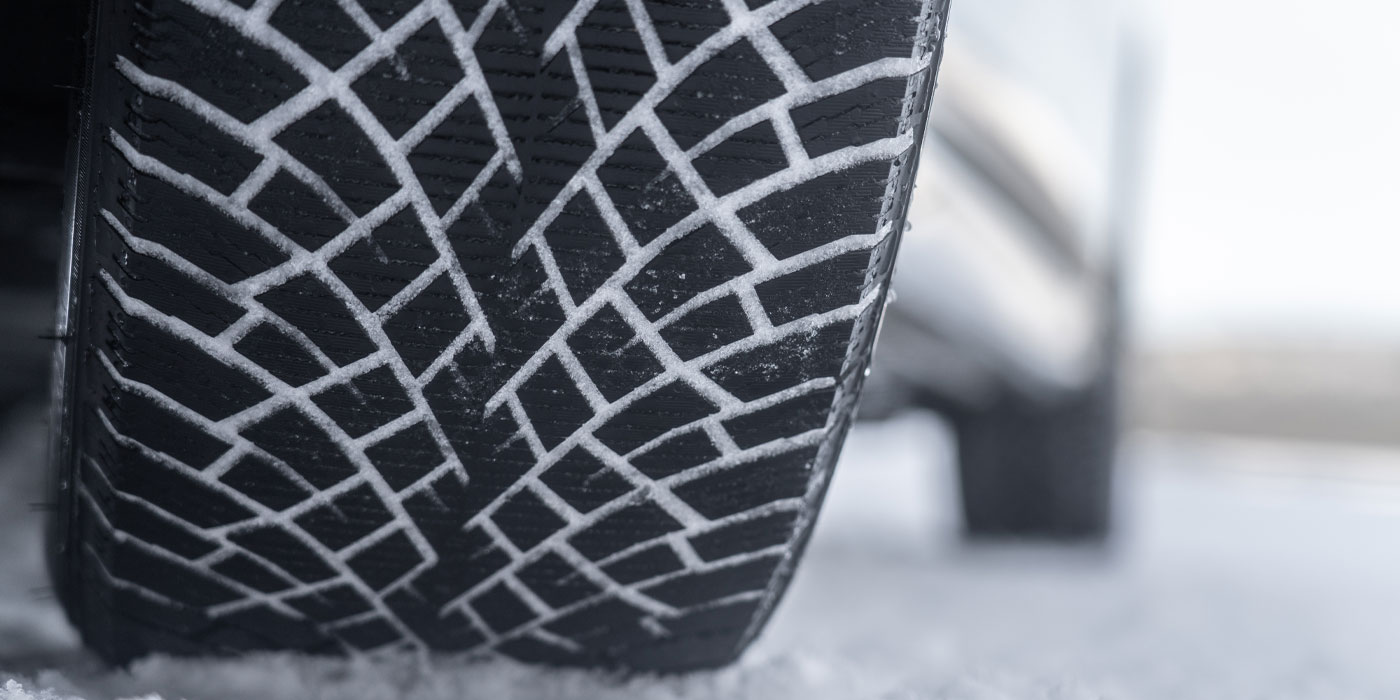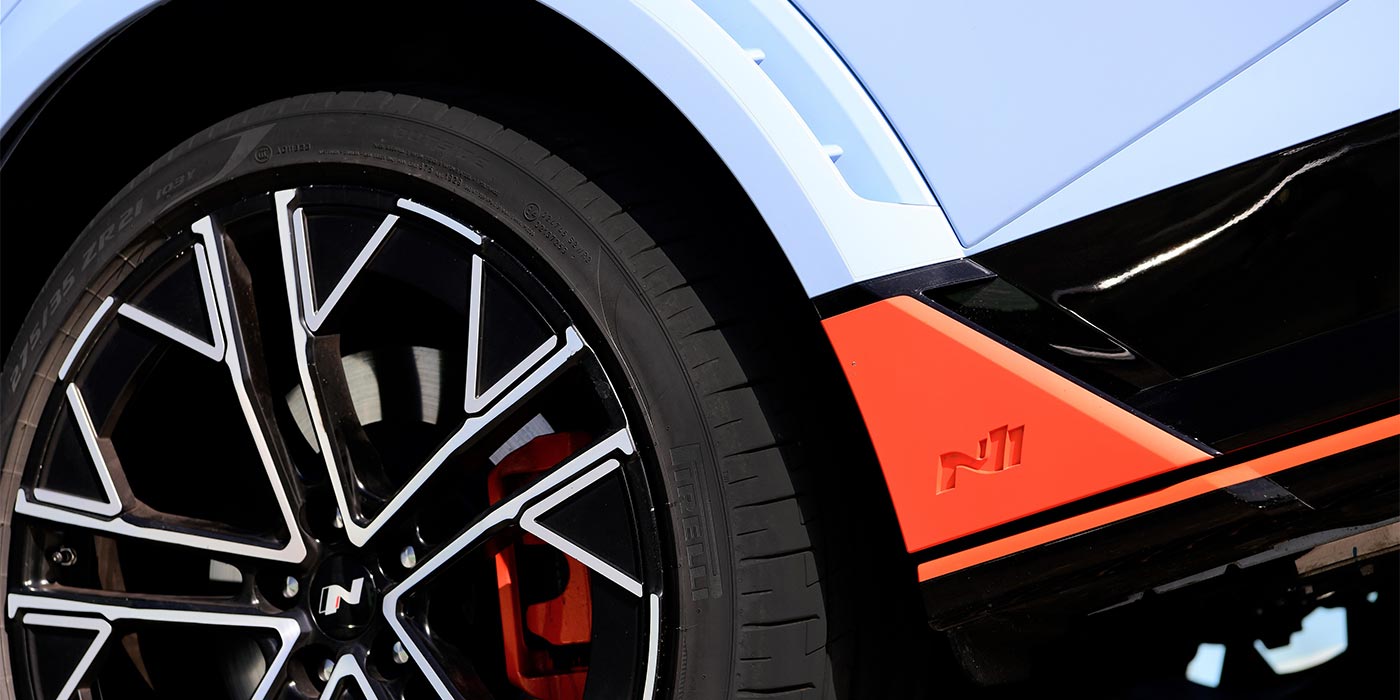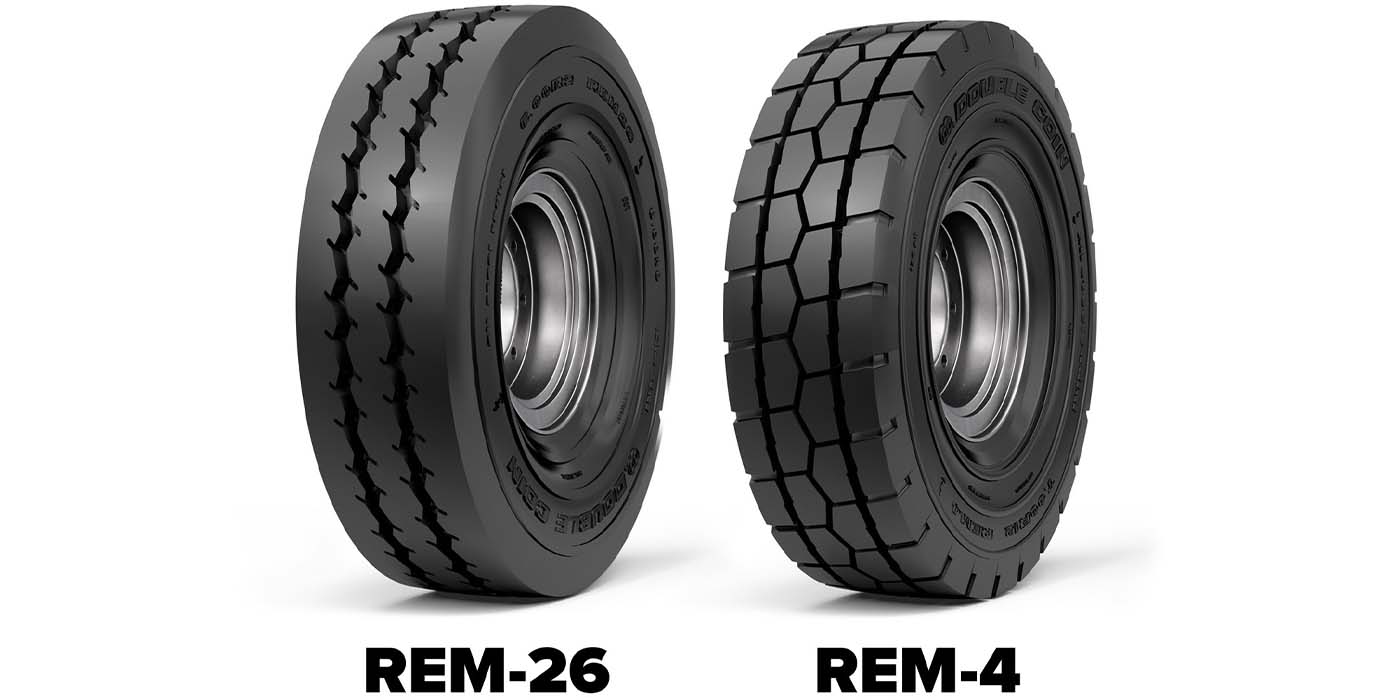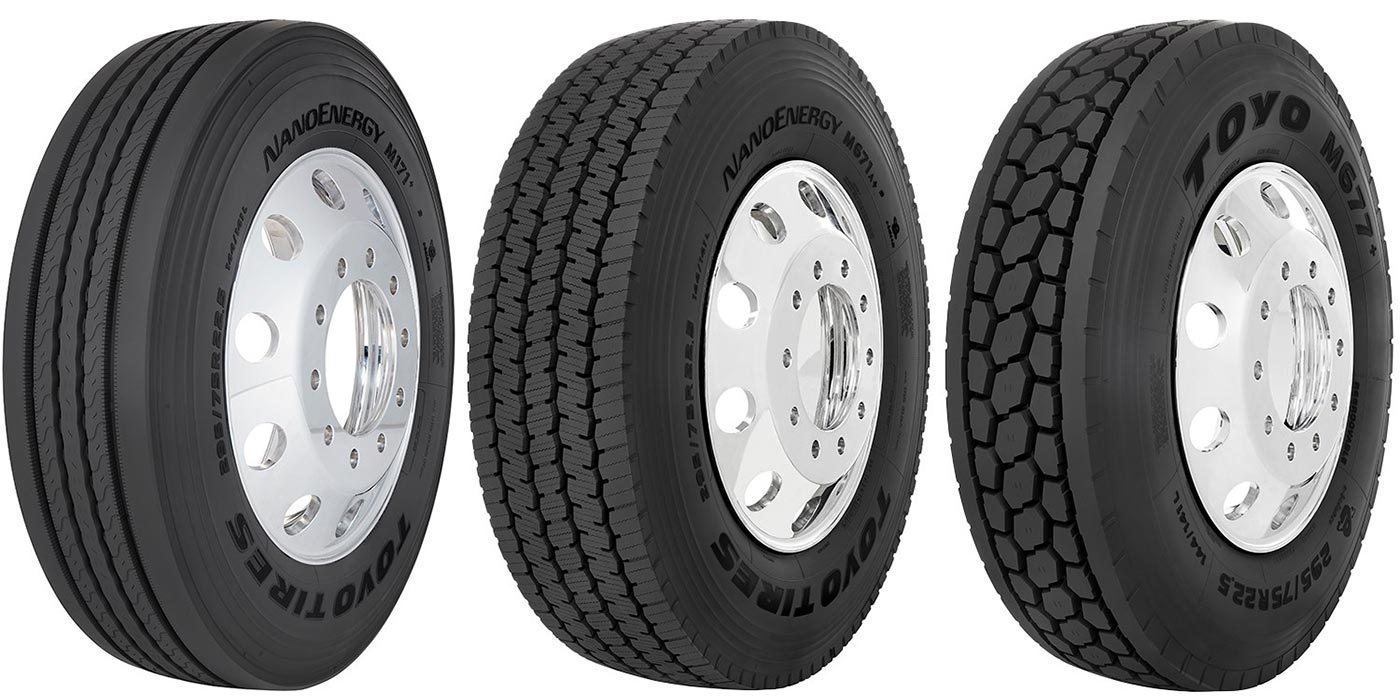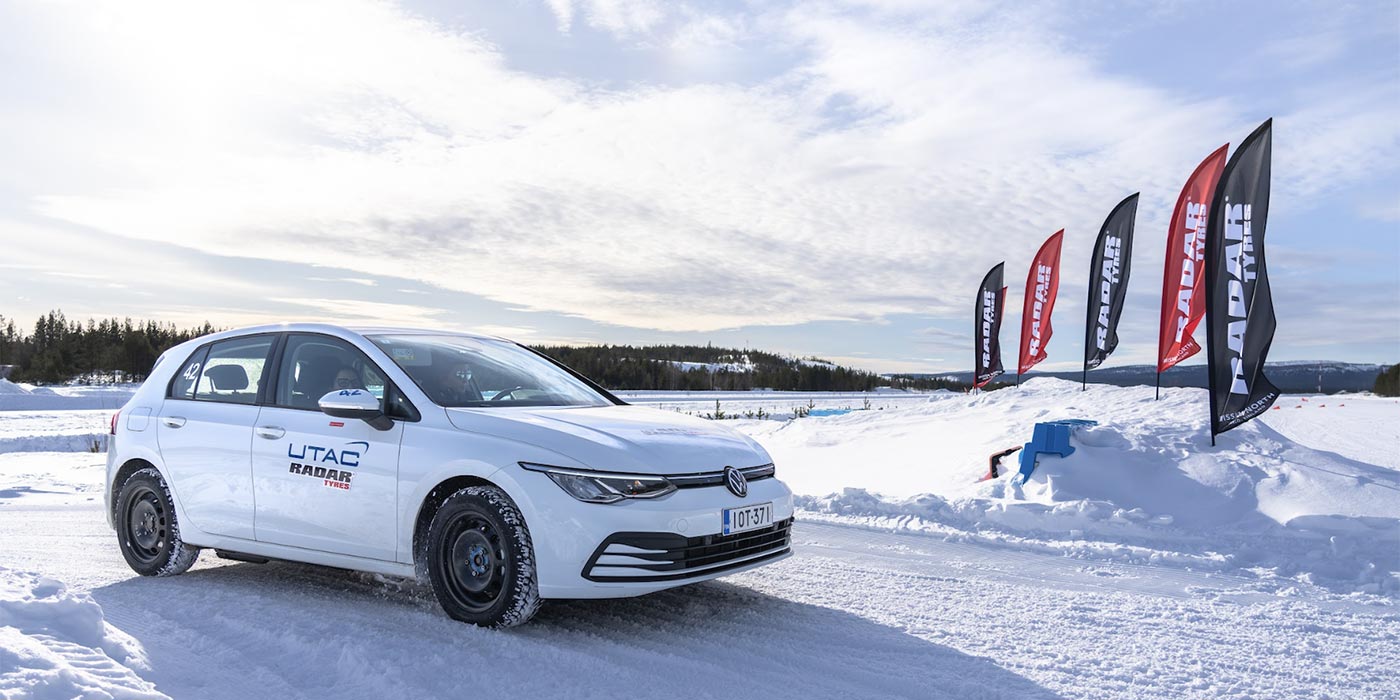nal exposure that would make them more well-known among consumers. And today, they enjoy much the same level of technology as the majors, but dealers often face an uphill battle convincing consumers of their quality and performance.
Most importantly for dealers, however, is that unlike the major brands, private brand lines deliver the territory exclusivity and margin potential that allows them to better control their businesses and profitability.
Dealers who carry private brand tires know them like the back of their hands. However, the dealers who don’t may not completely comprehend the ins and outs of a private tire. Just as with everything else, dealers need to have firsthand experience to be able to say whether or not carrying a private brand is right for them.
So, with that said, how do dealers feel about private brands? How well do they stack up against any of the major brands? How will your customers react to a private brand?
According to four dealers who carry — and thrive with ®” private brand tires, they certainly make sense, especially if the dealer is on the smaller side and looking for a competitive edge.
Don Dobbs, the owner of Dobbs Tire in St. Louis, Mo., carries Cordovan and Fulda lines. Ron Fakler, a shareholder of Del-Nat and owner of Fakler Tire in Provo, Utah, carries the Delta line. Cal Lucas, owner of Lucas Tire in New Orleans, carries Cordovan and Fulda. Jim Shook, owner of Shook Tire in Las Cruses, N.M., carries Jetzon, Laramie and Maxxis.
While these dealers carry different lines, in different amounts, in different parts of the country, each say the benefits of having a private brand line make them well worth looking into.
Private Benefits
For many dealers, the benefits of carrying private label tires are enormous. The fact that you’re often the only dealer in your trade area with that particular brand is a major advantage. The ability to control profit margins is another. Whatever the specific reason, a private brand line is the ideal weapon in the search for profits and control.
"I think the two best things about private brand tires is that you’re able to set your own price and have territory exclusivity," said Dobbs. "You have the ability to control margins and the brands have territory exclusivity so that you’re not dealing with everyone in town having the same tire. That usually ends up making us more dollars."
The ability to have complete control over a tire line is also important to a dealer.
For shareholders like Fakler, determining what’s works for him is very appealing — and something that drives other dealers to the private side.
"It starts with ownership," Fakler said. "The shareholders own the company and that allows us a tremendous latitude. We determine our own destiny. That’s the No. 1 thing dealers don’t have with big rubber companies.
"A private brand buying group is only protection a dealer has, in my mind. A smaller company like Del-Nat is very adaptable and can change direction very rapidly, which needs to be done in this day and age."
Another thing that the private label provides is a family-type atmosphere. Because the companies are smaller and the number of dealers fewer, the opportunity to know more people within the entire organization is afforded to everyone involved. In fact, that sense of community is enough for some dealers to commit to carrying a private brand tire.
"If you have problem with credit or if you need tires, the private brands go out of their way to help you," said Shook, former president of the Tire Association of North America. "It becomes more of a family thing, whereas the big tire companies have their rules and do things their way. So many of the big manufacturers are after big dealers because they want the volume. They don’t want to deal with the smaller guys."
Fakler agrees. "I can also get the answer to something immediately because I know the people I’m dealing with," he said. "Sometimes, the rubber companies have a way of ignoring you."
The Need for Something More
There are easily hundreds of reasons why dealers choose private label lines. The desire to carry more lines, have product and/or territory protection, and have the ability to control profit margins are just a few. But every once in a while, dealers find a different way to enter the private brand field.
"I bought private brand tires from a Hercules shareholder because he needed my volume to maintain his quota. During our relationship, he was also able to teach me a lot about the private brand," said Fakler. "I went to meetings with him and I liked very much the ability of the private brand to make money.
"The disadvantage was that he was a shareholder and I wasn’t. And then Del-Nat contacted me about carrying their line. I was very easy to persuade because I already knew about private brands."
Other dealers need the private brand lines to fight off competition from other consumer options, like mass merchandisers.
"The competitive pressure from the discount-type operations was why I started," said Dobbs. "And I also liked the flexibility of having a product I could control.
"We needed other products, and the gross margins really make a big difference with the private brands."
While service is an important aspect of the relationship between dealers and their customers, the door swings both ways where dealers are concerned. The tire supplier has to be attentive to dealer needs in order to make sure the maximum amount of rubber is rolling out the door.
"With private brand, the quality of service of the distributor is better than the major brands," said Shook. "Private brands hustle more for your business. The major brands have their name to fall back on and they may not always respond right away."
Service also includes product supply. If a major brand can not deliver tires, a dealer might just have to look in other places. That’s exactly what happened to Lucas, who carried the Kelly-Springfield line.
"Kelly-Springfield’s inability to supply product was what sent me to the private brands," he said. "TBC had the tires and sizes available when I need them."
Major vs. Private
Then there is the debate that always rages with tire dealers: How well do private brand tires stack up against the majors? Of course, the consumer’s opinion is the one that matters most.
Some customers see a private brand as a name they have never heard of, and may automatically assume it’s some sort of generic brand. A cheap knock off of the original. Still others head for the price tag, not necessarily caring about the name on the sidewall or how the tire performs.
For the most part, private brands do not offer national advertising or promotion programs, leaving brand awareness-building up to their dealers. Most provide solid POS programs and all the showroom sales tools, but not on the scale of the majors.
"I like the consistent programs of private brands," said Lucas. "I don’t like the hoops you have to jump through with the major rubber companies. When you take all the hoops away, there really isn’t that much of a difference between the tires."
But really, when all the advertising and marketing is stripped away and an apples-to-apples comparison of rubber is made, how do major and private brands stack up?
If you use the UTQG rating as an indicator, private brands perform as well, if not better, than many majors. Also, most private branders work very hard to keep their tread designs and SKUs current with market demands.
And unlike the old days when many private brands could not be considered "cutting edge," today they benefit almost immediately from the compounding, tread design and construction technology of their manufacturer partners.
Shook feels the same way, noting the only difference between the two is number of tire lines. "I think the private brands compare favorably," he said. "The Goodyears and Michelins of the world have good tires and they have tires of lesser value."
The real difference, he noted, is that because private branders aren’t involved in OE, they don’t end up with the lines that move slowly or could be termed "exotic."
Customer Acceptance
When it comes to selling to consumers, most dealers will say the same thing: a certain percentage of people will request a specific tire, but a majority will buy based on dealer recommendation. The same holds true for dealers offering private brand tires. Most customers have learned to trust the guys selling the tires.
"You’ll always have some customers that come in looking for a specific name brand," said Shook. "But the majority come in because they’re our customers. They trust our opinion. But again, we have to make sure we’re selling a quality product."
And that’s the key. Whether it’s a private brand tire or not, the dealer has to back up his wares with superior quality service and value.
However, with a private brand tire that doesn’t have national marketing behind it, the quality of both the product and service is that much more important. Because a private brand like Delta, Cordovan or Eldorado doesn’t have the name recognition of a Goodyear, Bridgestone or Michelin, the dealer’s reputation is even more on the line.
"Around 90 percent of the customers who come in trust the tire dealer," said Fakler. "They want the dealer to be there and they know Mr. Michelin isn’t going to be there for them to service the tire. So, they take our recommendation because they know we’ll be there, and we’ll back it up with service and warranty and meet their price bracket."
Because most dealers who carry private brands are on the smaller side, they develop a closer relationship with their customers. And since the private brand tire is seen as the dealer’s brand, more customers are apt to go that route on the basis of dealer recommendation and not simply because of the name on the sidewall.
"I think it’s fair to say that a big portion of customers today are buying the tire from the Dobbs company as much as anything," said Dobbs.
"With the private brand tire, you’re giving them a buying alternative. The quality and the look of the tire are good, and I think that gives the customer has the confidence to buy the tires."
Lucas concurs. "I would say 90 percent of the product we sell is sold just because we have it," he said, referring to his customer loyalty. "There has never been a problem in handling private brand tires."
A Little More Work
As with most tire companies and lines, there are a few things that private labels can do to better serve the dealer. Nobody’s perfect, but the biggest beef dealers have with private branders — as it is with the major brands ®” is fill rates.
While low fill rates plague most tire makers, private brands are especially susceptible because they depend on the major tire companies to manufacture their product for them. The private brands are at the mercy of the manufacturers, and there aren’t too many options available to fix the problem.
"I think the biggest problem that the privates have had in the last couple years is supply," said Shook. "Their tires are made by the larger manufacturers, but when the manufacturer falls down, it hurts.
"There isn’t a whole lot the private brands can do. Switching manufacturers won’t help because there are only so many manufacturers, and you’ll run into the same supply problems. We just have to wait until supply catches up with demand."
Waiting for supply is something that Fakler understands. He knows that in the manufacturing plant, private brand tires often end up taking a backseat to manufacturer’s brands and OE orders.
"The only thing they (private brand marketers) could do to help me as a dealer is to negotiate better with rubber companies and get a more consistent supply of tires," said Fakler. "When company-owned dealers are starved for tires, the rubber companies have a tendency to cut back on private brand tires."

